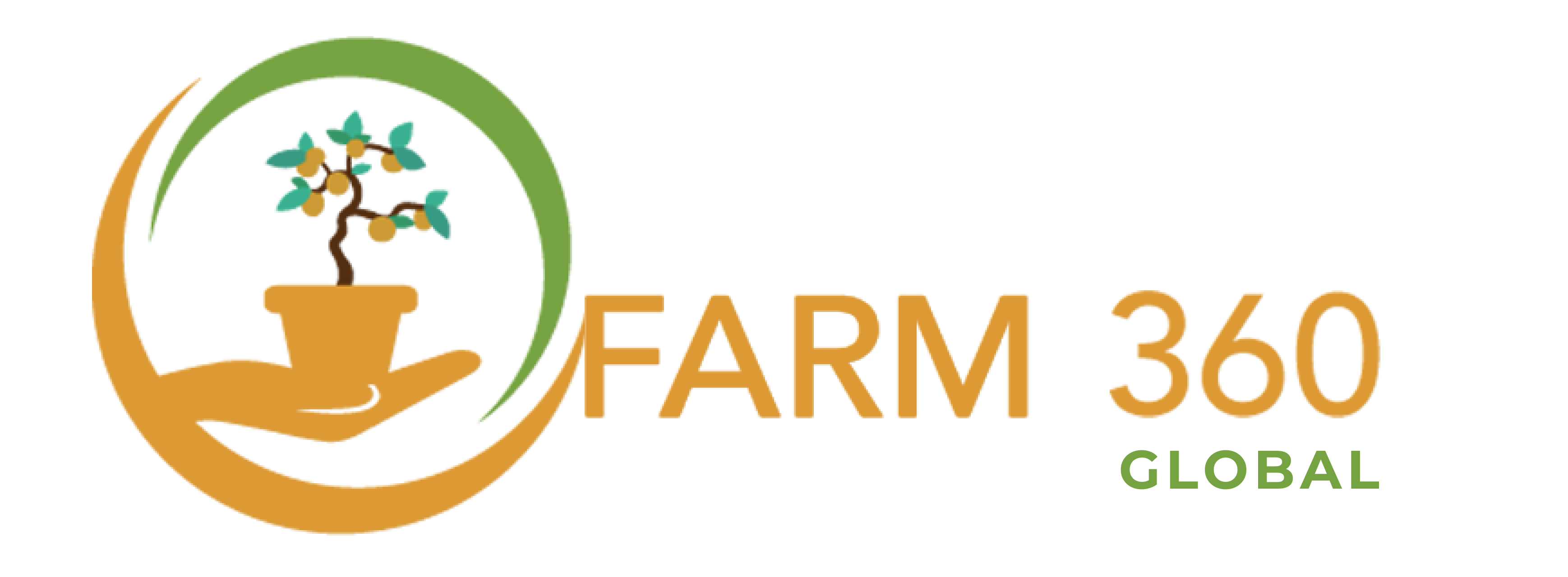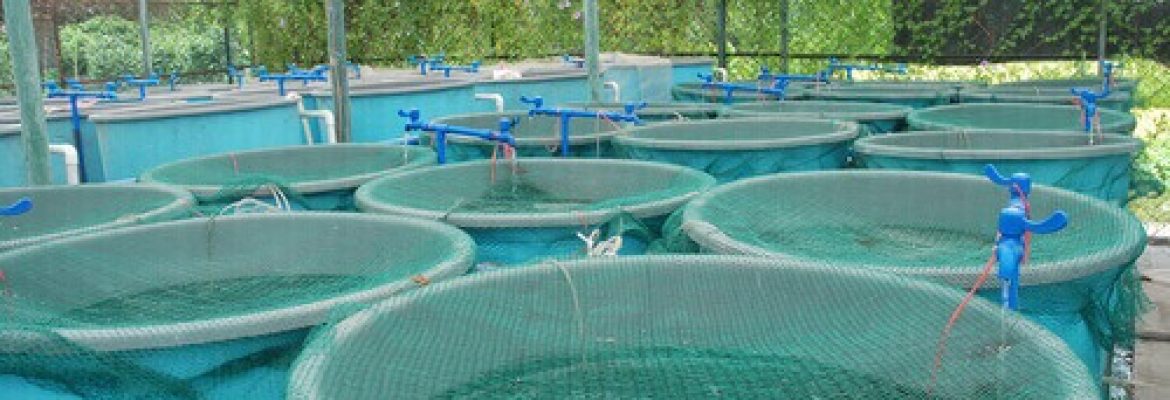Aquaculture refers to the breeding, raising, and harvesting of aquatic plants, fish, and shellfish for commercial, recreational, and scientific purposes. It involves the intervention in the rearing process to enhance production, such as regular stocking, feeding, and protection from predators. Aquaculture is essential in meeting the increasing demand for seafood, restoring habitat, replenishing wild stocks, and rebuilding populations of threatened and endangered species.
With the advancement of technology, aquaculture can be conducted in artificial facilities built on land or well-sheltered shallow waters near the shore. Fish tanks, ponds, aquaponics, and raceways are examples of onshore aquaculture facilities, while nearshore aquaculture facilities provide a relatively more naturalistic environment for the cultivated species.
The growth of aquaculture has been driven by population increases, dietary shifts, and advances in aquaculture technology. High-priced species like shrimp, crayfish, prawns, trout, salmon, and oysters are commonly produced, but there is also an increasing production of catfish, carp, and tilapia.
The hatchery is the first stage in the aquaculture production chain, where the breeding of fish, hatching of eggs, and rearing of fish through the early life stages occur. Once the fish are mature enough, they are transferred to the farm, where they are grown to harvest size using feed produced at feed mills.
Aquaculture has the potential to improve the health of our planet and population as long as it is done in a manner that is environmentally friendly, socially responsible, and considers food safety and animal welfare. One example of a company practicing sustainable aquaculture is Farm 360 Global, which is into catfish production. Their practices prioritize animal welfare and environmental sustainability while producing high-quality fish for food production.
Aquaculture is a vital component of food production that offers numerous benefits, including meeting the increasing demand for seafood, restoring habitats, and rebuilding populations of threatened and endangered species. As long as it is practiced sustainably, it can contribute to improving the health of our planet and population.
Investing in aquaculture can be a wise choice for those looking for a sustainable and profitable investment opportunity. Farm 360 Global, is a company that specializes in catfish aquaculture and has a proven track record of success. By investing in Farm 360, you are supporting sustainable aquaculture practices and helping to meet the growing demand for seafood worldwide. In addition, you have the opportunity to earn a healthy return on your investment.
Farm 360 prides itself on their commitment to environmental stewardship and animal welfare, as well as their focus on producing high-quality, nutritious fish for the market. With their expertise in the industry, state-of-the-art facilities, and dedication to sustainable practices, Farm 360 is well-positioned to continue its growth and success in the future.
Investing with Farm 360 is not only a financially sound decision, but also a socially responsible one. You can be confident that your investment is contributing to a better, more sustainable future for the planet and its inhabitants.
Consider investing in Farm 360 today and be a part of the solution to meeting the world’s growing demand for sustainable seafood production.
For more information on what we do and how you can partner with Farm 360 Global, kindly visit www.farm360global.com for more information or call 0553180774 or 0302554813.
Farm 360 – Farming Made Easy
Wendy Elorm Amankwa

